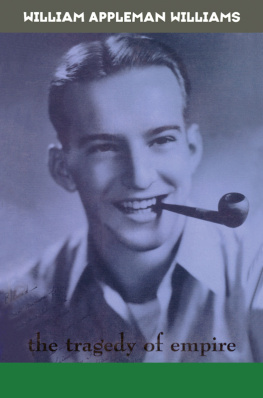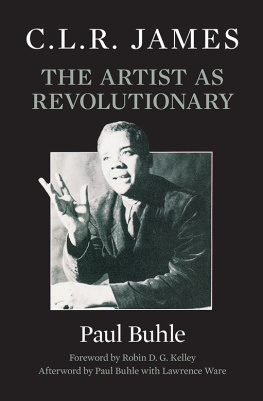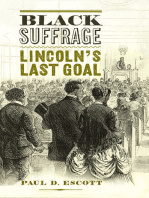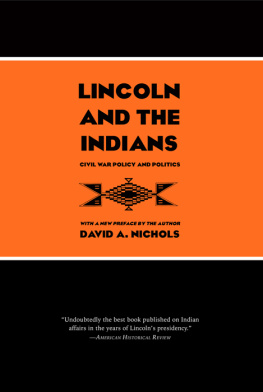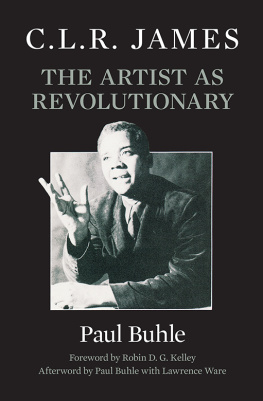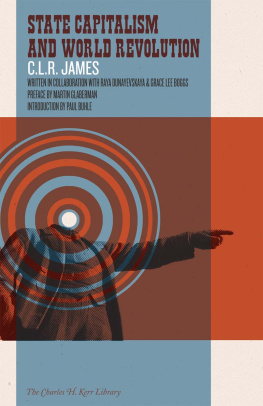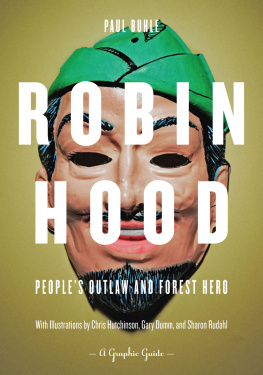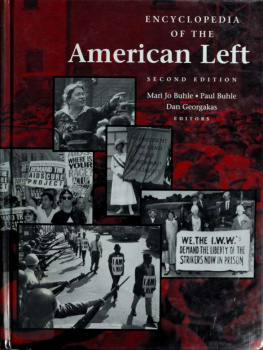
Published by For Beginners LLC
155 Main Street, Suite 211
Danbury, CT 06810 USA
www.forbeginnersbooks.com
Text: 2015 Paul Buhle
Comics and Illustrations: 2015 Sharon Rudahl
All rights reserved. No part of this publication may be reproduced, stored in a retrieval system, or transmitted in any form or by any means, electronic, mechanical, photocopying, recording, or otherwise, without prior permission of the publisher.
This book is sold subject to the condition that it shall not, by way of trade or otherwise, be lent, re-sold, hired out, or otherwise circulated without the publisher's prior consent in any form of binding or cover other than that in which it is published and without a similar condition being imposed on the subsequent purchaser.
Design and composition by Tim E. Ogline / Ogline Design.
A For Beginners Documentary Comic Books
Cataloging-in-Publication information is available from the Library of Congress.
ISBN # 978-1-934389-85-0 Trade
Manufactured in the United States of America
For Beginners and Beginners Documentary Comic Books
are published by For Beginners LLC.
First Edition
10 9 8 7 6 5 4 3 2 1
www.redwheelweiser.com
www.redwheelweiser.com/newsletter
CONTENTS

FOREWORD
A braham Lincoln is the most iconic figure in American history. He exerts a unique hold on our historical imagination, as an embodiment of core American ideals and mythsthe self-made man, the frontier hero, the liberator of the slaves. Thousands of works have been written about Lincoln, and almost any Lincoln one desires can be found somewhere in the literature. Lincoln has been portrayed as a shrewd political operator driven by ambition, a moralist for whom emancipation was the logical conclusion of a lifetime hatred of slavery, and a racist who actually defended and tried to protect slavery. Politicians from conservatives to communists, civil rights activists to segregationists, and members of every Protestant denomination as well as non-believers, have claimed him as their own.
Lincoln For Beginners is a worthy addition to the vast Lincoln literature. In a combination of lucid prose and appealing graphic art, it tells the story of Lincoln's life in a wholly accessible manner, but one deeply rooted in current historical thinking about the man and his times. Both the private and public Lincoln's are ably discussed, as is the centrality of the slavery issue to Lincoln's career and of emancipation to the course of the Civil War. The book makes clear that Lincoln hated slavery from his earliest days, but that his views evolved over time as to how to deal with the institution within a constitutional system that erected strong protections for the system. Lincoln's ideas about the role of blacks in American life also changedfrom his early embrace of the idea of colonizing former slaves outside the United States, to support at the end of his life for recognizing all African-Americans as citizens and giving educated blacks and those who had served in the Union army the right to vote. That a man with Lincoln's humble origins could rise to the presidency is a testament to the opportunities enjoyed by many Americans, then and now. But the failure of the nation to establish civil and political equality for blacks on a permanent basis after the Civil War left to future generations the difficult task of fulfilling the promise of the new birth of freedom Lincoln did so much to bring about.
Eric Foner

CHAPTER ONE
YOUNG LINCOLN AND HIS WORLD
T here is no greater symbol of the American presidency than Abraham Lincolnnot Franklin D. Roosevelt, not even George Washington. But Lincoln himself, his personality, the sources of his dedication, and his idealism, all remain very much a mystery. The apparently sudden rise to world stature of a hard-traveling lawyer from the frontier, with no prominent family or social connections to back him, was a wonder of the age. Well over a thousand books about Lincoln have been written to date, and still the enigma remains, perhaps because it is also the enigma of a young country finding its footing and its destiny. He surely told more jokes and humorous anecdotes than anyone else in the history of the office, but it is also probably true that no president was more inclined to such deep melancholy. No part of the Lincoln enigma is more profound or more perplexing than his beliefs about god and destiny. Did he invent his own version of religion, as many around him suggested? Why did he avoid going to church for so long, and apparently invent a personal religion, when fervently religious people and institutions surrounded him from his earliest days? How did the horrific death and destruction in the years of the Civil War bring him to biblical judgments?
How did he become to the nationbut especially to African AmericansFather Abraham, an Old Testament hero with the destiny of millions in his oversized hands?
Lincoln's most widely read biographer, the poet and folksinger Carl Sandburg, described the future leader as too homely and homespun, too full of dry humor and physically gawky to be romantic with women or to impress sophisticated society. If many of Lincoln's stories were easy to see througha way to hide his real feelings as much to offer insight on some subjecthis facial expressions, looked at closely, seemed to show something else. Lincoln's face settled into granitic calm and there came into the depths of his eyes the shadows of a burning he had been through, Sandburg wrote, capturing the impression of many who met Lincoln for the first time and kept the memory close for the rest of their lives. There was a complexity to Lincoln, but only outright political enemies could call him insincere.
David Ross Locke, whose humor columns in the press the president regularly read to visitors at the White House, wrote that Lincoln's sense of humor spared him from overwhelming despair. The wartime burden of becoming the world's hero was too much even for Lincoln's strong character, Locke wrote, and in death the fallen leader had the look of a worn man suddenly relieved.
Lincoln entered regional American folklore as a somewhat strange and remarkable creature even before he became president. In the end, cut down by an assassin after leading the Union to victory and preserving the nation, he became larger than life. Even today, his face stares out from the famed statue at the Lincoln Memorial in Washington, D.C., as well as from prints, photographs, paintings and comic art pieces of all kinds, not to mention the Lincoln penny. He belongs to all of us and to the world ... But who was he?












